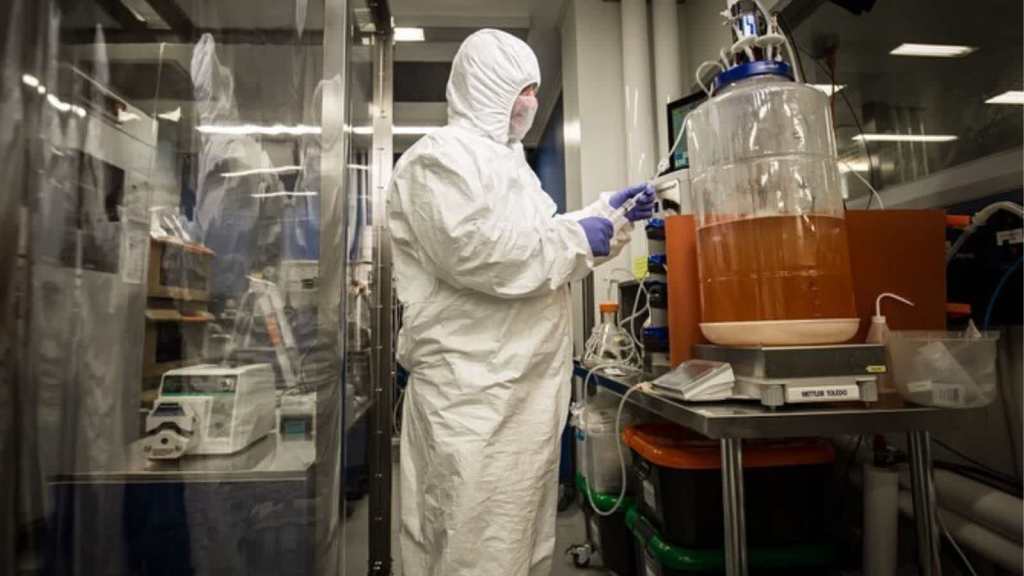Australia’s scientific research agency, the CSIRO, have begun testing a coronavirus (COVID-19) vaccine developed by the University of Queensland (UQ).
In January, researchers at UQ joined the Coalition for Epidemic Preparedness Innovations (CEPI) rapid response program. CEPI is a global alliance financing and coordinating the development of vaccines against emerging infectious diseases.
This program demands highly accelerated responses to the creation of vaccines and UQ made their vaccine in only three weeks.
“There is still extensive testing to ensure that the vaccine candidate is safe and creates an effective immune response, but the technology and the dedication of these researchers means the first hurdle has been passed,” UQ Vice-Chancellor and President Professor Peter Høj said.
The CSIRO received the vaccine from UQ on Thursday night of last week and began its tests on Friday.
“This is the first candidate of possibly many,” said Professor George Lovrecz, research team leader at CSIRO’s manufacturing division.⠀
Safety testing of the vaccine will also commence soon.
“Once the team’s vaccine is finished, it will be tested for safety and effectiveness. If it’s both, human trials can begin,” the CSIRO wrote on Instagram.
The World Health Organisation (WHO) have previously said that the vaccine for COVID-19 could be 18 months away.
According to The Conversation, this is in line with history. In the past, vaccines have taken two to five years to develop. But, there is hope. With the amount of scientists around the world currently working on a vaccine, we could potentially have it sooner than we originally thought.
https://www.instagram.com/p/B87ZHmcnmC9/
World Health Organisations issues plea
While various labs around the world are scrambling to find a vaccine, WHO is urging countries to begin their “phase of preparedness”.
While WHO wants countries to be prepared for more cases of COVID-19, it doesn’t want to label the outbreak a ‘pandemic’ as yet.
“Using the word pandemic now does not fit the facts, but it may certainly cause fear,” said WHO’s director general, Dr Tedros Adhanom Ghebreyesus, at a recent media briefing.
According to Merriam-Webster, a pandemic refers to “an outbreak of a disease that occurs over a wide geographic area and affecting an exceptionally high proportion of the population.”
“For the moment, we are not witnessing the uncontained global spread of this virus, and we are not witnessing large-scale severe disease or death,” Dr Ghebreyesus said.
More countries discover cases of COVID-19
While WHO are hesitant to label coronavirus as a pandemic, the virus has popped up in a number of previously unaffected countries including Italy, Iran and South Korea, which is a cause for concern.
But, according to BBC News, the number of new infections in China is actually dropping. The most infections can still be found in China, where the virus originated, with 77,000 people confirmed to have the disease. Almost 2,600 people have died from COVID-19 in the country.
While the threat of coronavirus is undoubtedly scary, it’s best to only read trusted sources of information and steer clear of the reporting on social media, which is largely based on fear mongering.
The current health crisis is evolving rapidly. If you suspect you or a family member has coronavirus you should call (not visit) your GP or ring the national Coronavirus Health Information Hotline on 1800 020 080.







